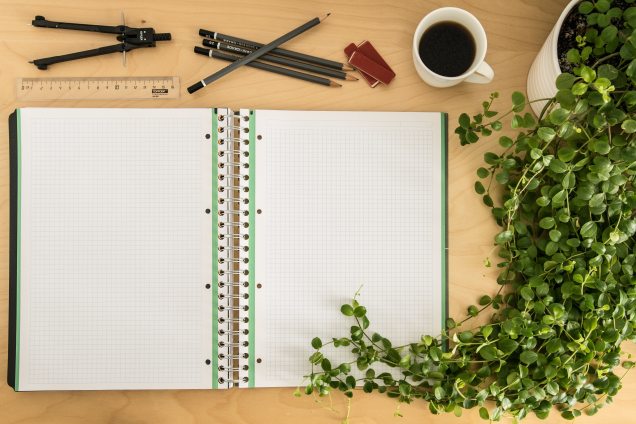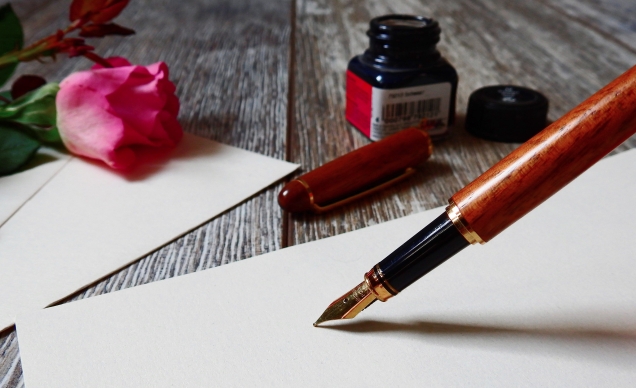
Weekly Writing Prompt ~ 1 ~
Two Truths and a Lie.

I teach creative writing classes for Gotham Writers Workshop and am frequently asked by students if they need an advanced degree such as an MFA to become a writer. My short answer is no. Emphatically, no. The longer answer is:
Well, no, but . . .
You don’t need a degree to become a novelist the way you would need a degree to become a doctor or a lawyer. However, writers do need to study the craft of writing. New writers, established writers, all writers in between definitely should and do study the craft of writing. There are several ways to do this, but here are my favorite two. And bonus—they’re both free.
1.) Read.
2.) Write.
Pretty simple, right? Well, maybe not simple, but they are two things everyone can and should do everyday (if possible) in order to become a writer and stay a writer.
1.) Read. Read. Read. Read everything that interests you. Novels, history texts, the backs of cereal boxes. Read to find out all the ways that words are strung together to move you, the reader, into feeling, thinking, and/or believing something that maybe you didn’t feel, think, and/or believe before you started reading. Read the classics, read books that should have been classics, but have gone out of print instead, read currently popular fiction and non fiction and things that were popular three years ago. Just read. And as you’re reading, ask yourself who, what, why, where, how. Read to find out what kind of writer you want to be and read to figure out what kind of writer you definitely don’t want to be. Below, I’ve included a reading list of some of my favorite books that influenced me throughout my life. It’s a drop in the bucket kind of list, but it’s a start.
Which brings me to point number 2.
2.) Write. This seems fairly obvious, right? If you want to be a writer you need to write. But what to write? Ay, there’s the rub.
(See that? I just quoted Hamlet—a very famous character in a very famous play of the same name by a very famous playwright named William Shakespeare. Because I like to read and I’ve read Shakespeare. Never mind that it’s one of the most often quoted phrases and that probably someone who has never heard of good old Billy Shakes could quote that as well—that’s not the point. Oh, and as an interesting side note, here’s a cool link to all the phrases and words that we now take for granted in the English language that were invented by Shakespeare. But if you go off right now to explore that link, please do promise to come back and finish reading this page. There’s some good stuff further on. Thanks).
Well, for starters, keep a journal. Journals are fun. You can spend endless hours at the bookstore or the dollar store or whatnot choosing the perfect one—perhaps one with unicorns on it (hey, I happen to like unicorns) or dragons (I really like dragons) or perhaps a plain black cover with no embellishments at all. It doesn’t really matter what the journal looks like—although I’m also rather fond of the leather bound ones with cool embossed flowers and vines. What matters is that you scribble in it –at least once a day. Write anything. Write bad poetry, write about a book that you read that made you cry and made you wish you could have written it yourself (ahem—that’s never happened to me). Write about the way the sunlight falls through the branches of a tree in the park, write about the noise a plastic bottle is making as it skitters down the street, blown by the wind. (And then go pick up said plastic bottle and make sure to recycle it please).
The more you the write, the more you’ll want to write. The more you write, the more chance you’ll have of a brilliant and beautiful idea zinging down from the clouds and zapping its way into your brain. There’s a huge, bright, overwhelming, extraordinary, terrifying, beautiful world out there and your job as a writer is to help make sense of it all and to describe it thoughtfully and to move readers with those moments that you’re faithfully recording.
So, this week, today, right now—read something. (Besides this long intro—that doesn’t count). Go to a local bookstore or to your library and say hi to the bookseller or your librarian and find something you’re excited to read. And then get your hands on a journal and look at the world around you and write it all down.
And if you need extra writing inspiration, I’ll post a weekly writing prompt here. One of the perks of being a creative writing teacher for years is that I’ve got tons of them up my sleeve.
And now for that reading list I promised. These are books that I loved, still love, and reread throughout my life. Oh, and I love book recommendations always. So, feel free to send me a few book recommendations here.
Happy reading. And happy writing, too.